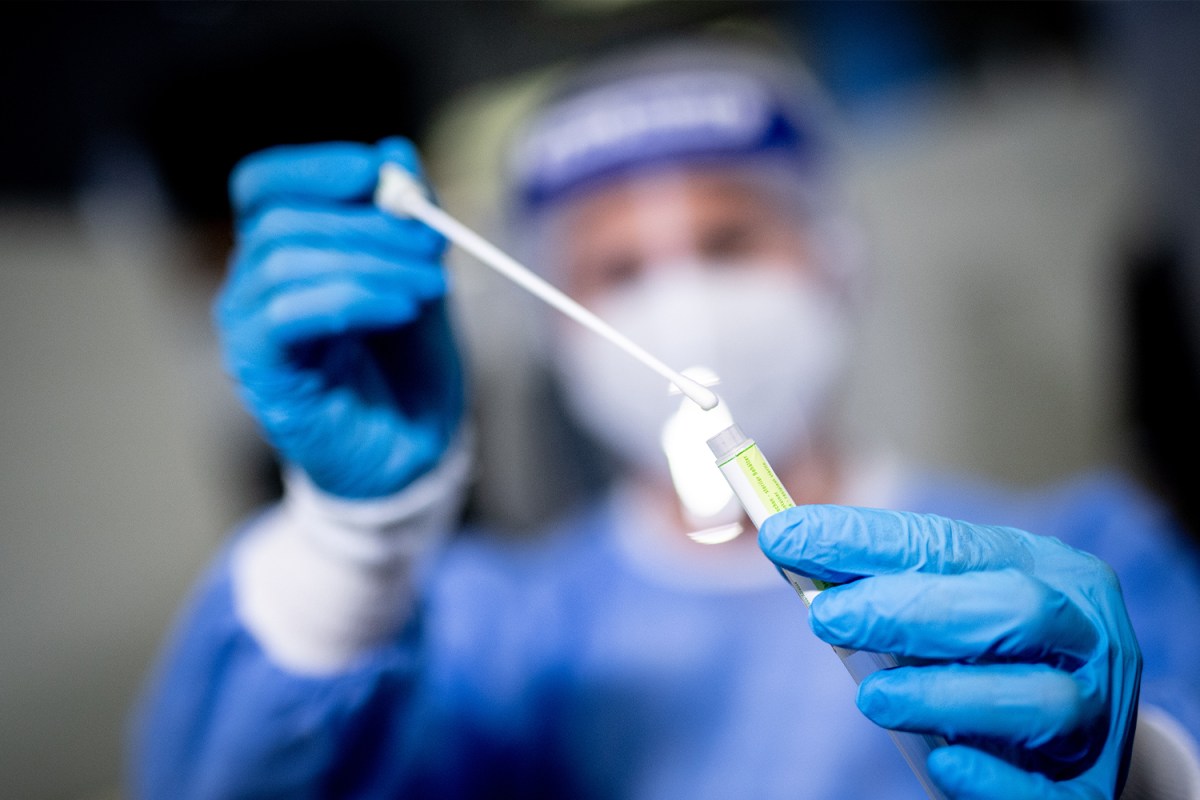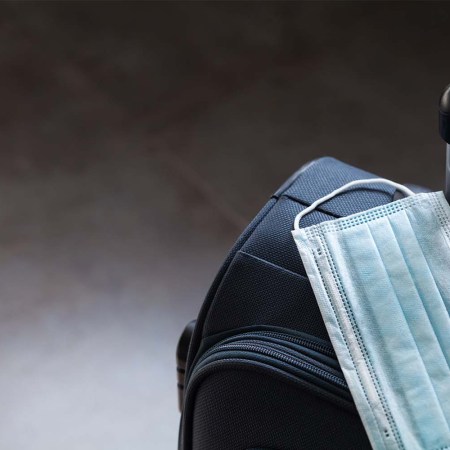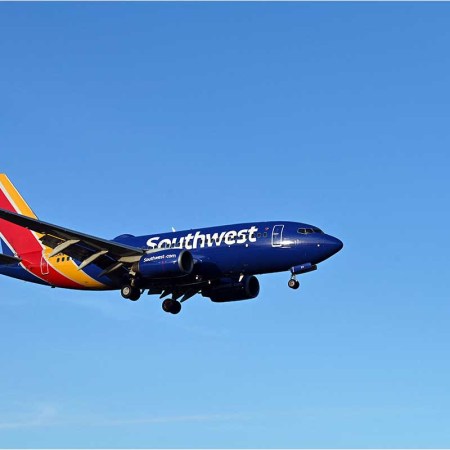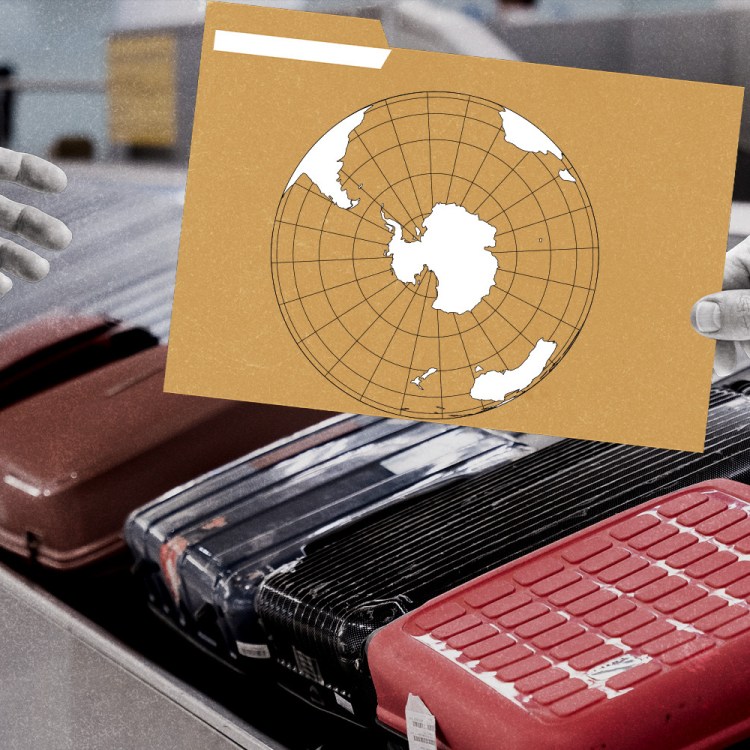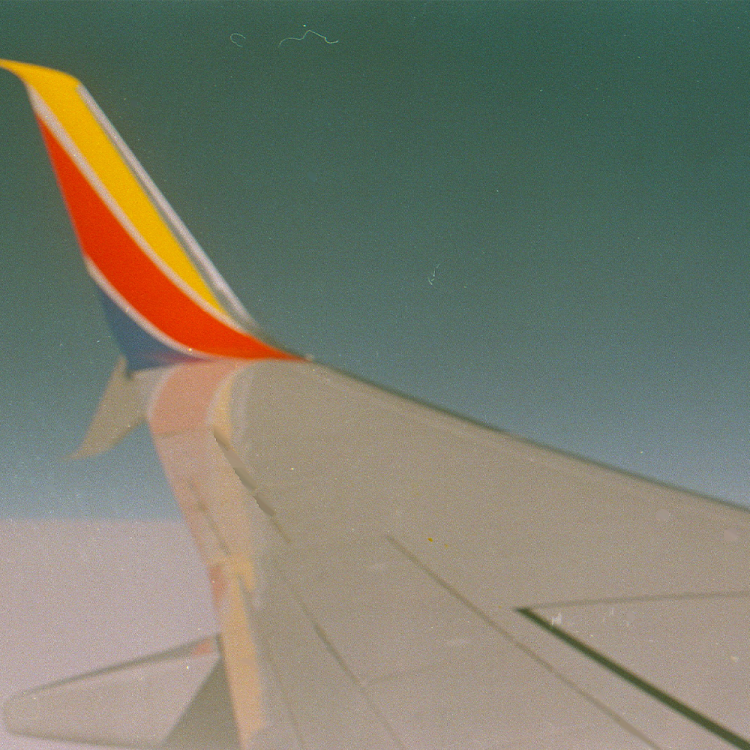Incorporating routine COVID testing for air travel has the potential to detect up to 90% of infectious passengers, according to a new study in the Lancet Infectious Diseases.
The study, chronicled by Linda Carroll for Skift, involves a computer simulation in which a sample size of 100,000 hypothetical individuals are subjected to various pre-flight COVID testing and, in some cases, some manner of quarantine. With the help of pre-existing COVID data, the test subjects were sorted into five categories — “susceptible to infection,” “latent period,” “early infection,” “late infection” and “recovered.” Researchers estimated the risk of infection to be around 150 infections per 100,000 people per day.
It was determined that without the implementation of testing or screening prior to arrival at the airport, there would be 8,357 infectious days (i.e., the total number of days that infected passengers are contagious) with 649 actively infectious passengers on the day of travel. The study found that the incorporation of a pre-flight PCR test reduced the number of infectious days from 8,357 to 5,401, with 569 of 649 infectious travelers able to be identified prior to departure. A post-travel quarantine/PCR combination reduced the number of infectious days to 2,520. Even the rapid antigen test, in spite of concerns surrounding inaccuracies, also indicated 86% of actively asymptomatic-yet-infectious travelers.
The belief that pre-flight COVID testing could drastically reduce the risk of infection in airports and onboard aircraft is one we’ve held for a while. It’s the number-one reason why international travel feels so much safer than domestic at the moment, and it’s become increasingly salient as researchers and epidemiologists have begun to confirm as much. The problem, as it stands now, is that requiring every single passenger to test prior to flying feels unsustainable at best. Not only that, but, as Dr. Waleed Javaid, epidemiologist and professor of medicine at the Mount Sinai School of Medicine at Mount Sinai, said in an interview with Skift: “Is it OK to travel if there is a 10% chance of having an infectious person on the plane?”
It is unclear now how testing will be utilized within the context of air travel moving forward; right now, it is entirely at the discretion of individual countries, many of which have grappled with its application relative to tourism. But if this study is to be believed and testing can reduce the risk of infection by almost 90% for travelers? Put us down for the pre-flight PCR test, please and thanks.
Thanks for reading InsideHook. Sign up for our daily newsletter and be in the know.
